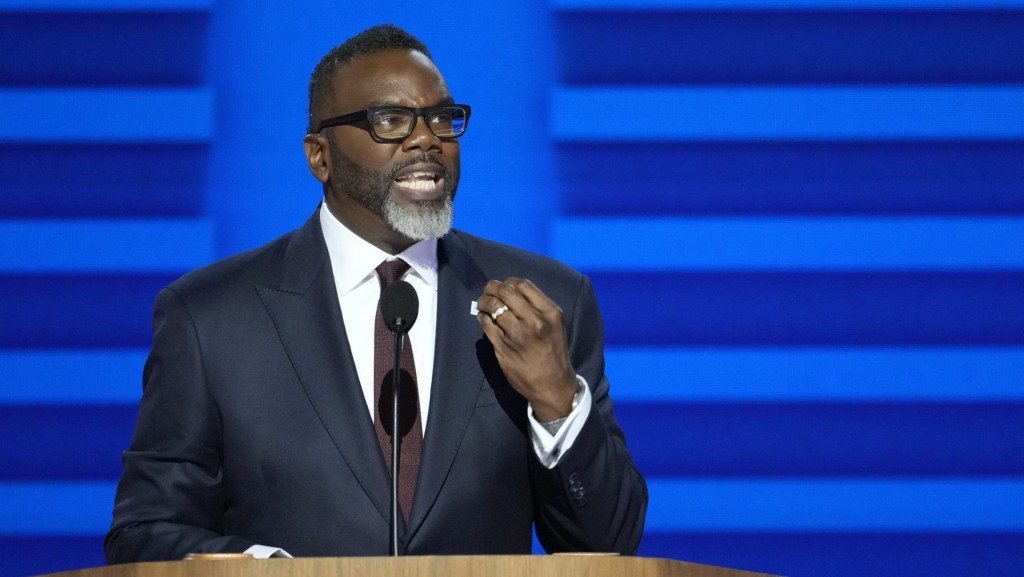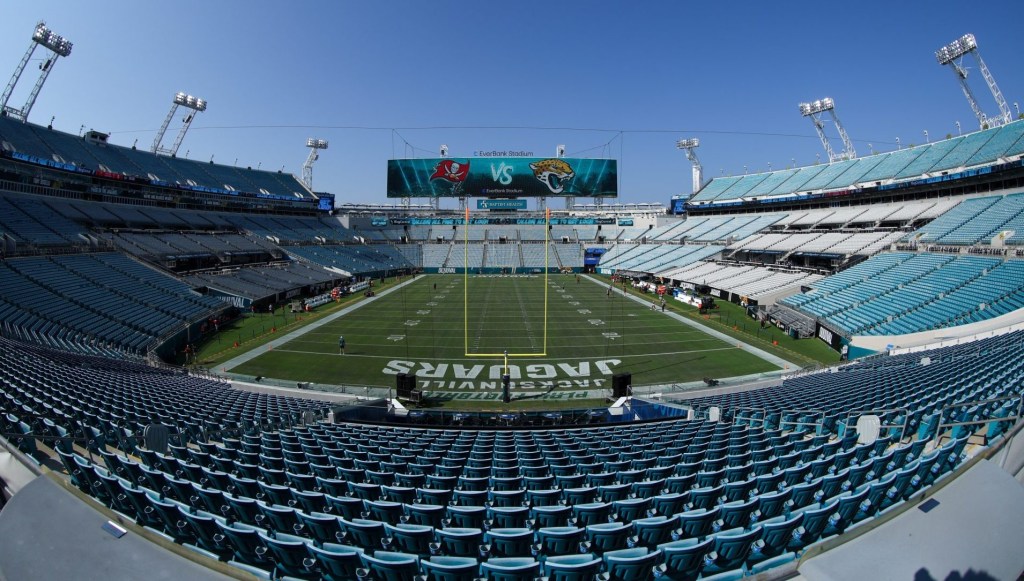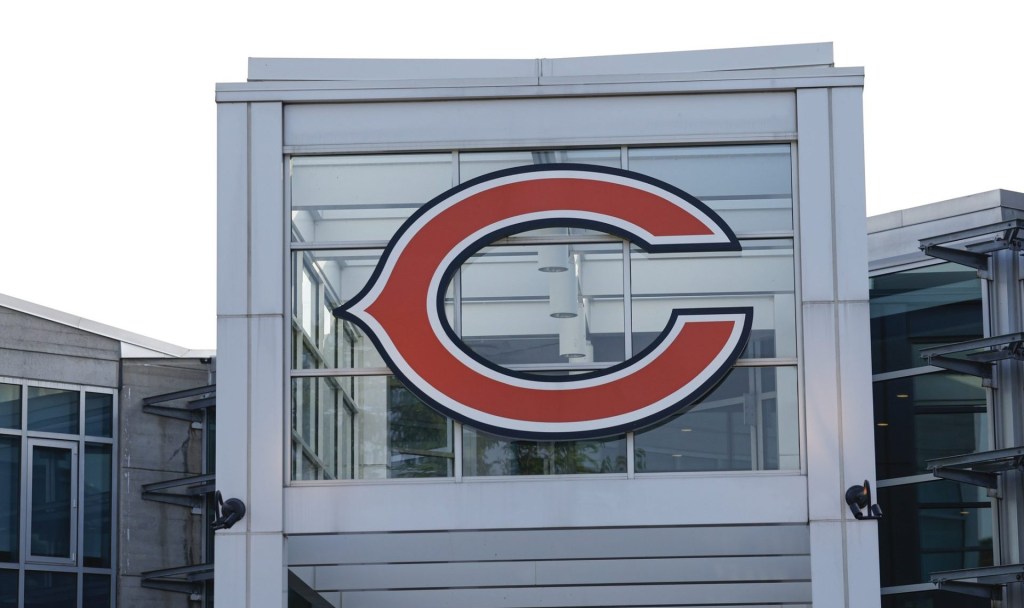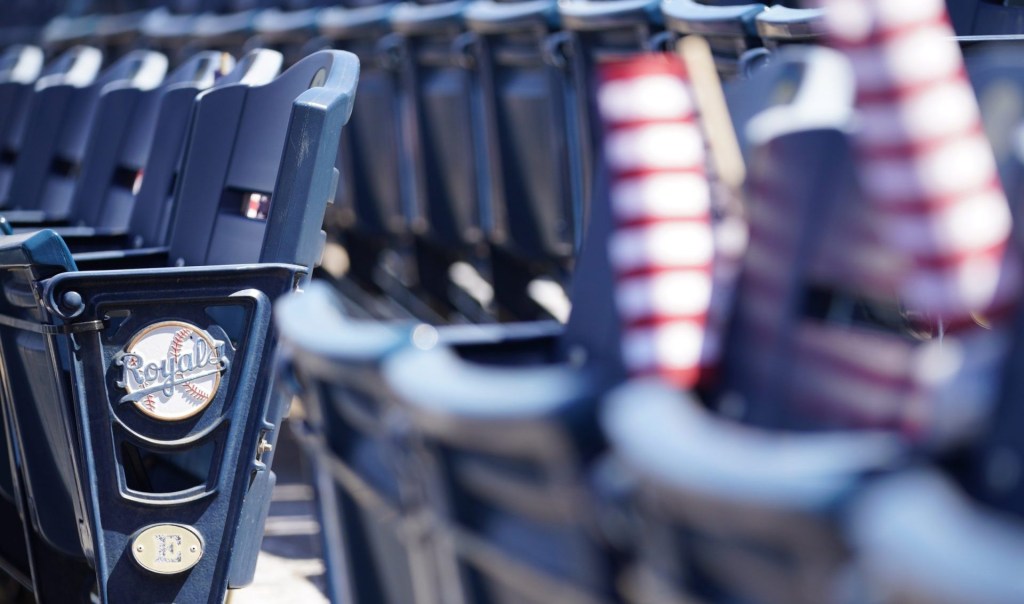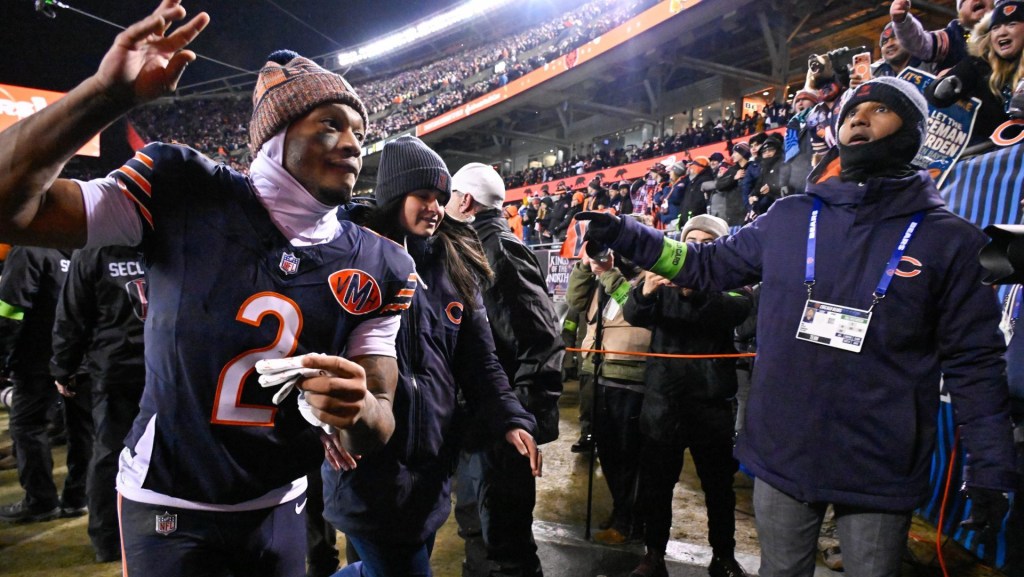The Commanders are going to need legislative approval for their proposed $3.8 billion stadium, and as of now, they don’t have the votes.
Soon after the NFL team’s flashy announcement of its intended return to the District of Columbia, council chair Phil Mendelson said there aren’t currently seven votes on the 13-member body to pass roughly $1.1 billion in direct stadium funding and related infrastructure support.
“If this was before the council today, they would not vote for it,” Mendelson told WJFK-FM. “In part because we don’t know enough, but in part because they would see the price tag as too high, and in part because we have not seen what the mayor [Muriel Bowser] is proposing with the budget and the cuts we know are going to be in the budget.”
Local History
Pro sports stadium development over the past 30 years is rife with examples of legislative bodies around the country that showed initial resistance and then ultimately supplied the requested public funding. In the District itself, support for the construction of Nationals Park and the redevelopment of Capital One Arena followed pushback that first greeted those projects.
In the case of Nationals Park two decades ago, the situation grew so dire that MLB briefly suspended the business operations of the Nationals while the stadium funding bill was put back on track.
The D.C. council in the Commanders’ case has comparatively more leverage. MLB owned the Nationals at that time and was willing to kill the team’s placement in Washington without the ballpark funding. Monumental Sports & Entertainment, parent company of Capital One Arena and three local pro teams, had a deal, though on shaky ground, to build a new arena and mixed-use development in Virginia that it abandoned to revive talks with Bowser.
No such alternate plan currently exists with the Commanders, even in concept. The team is planning to pay for more than three-quarters of the core stadium costs privately—a percentage well in excess of several other NFL stadium deals either in construction or proposed. Getting that final chunk of money, however, will require plenty of arm-twisting.
“If you look at the actual dollars, it’s one of the more expensive public subsidies. A billion dollars is a stiff amount,” Mendelson said. “You can’t make the argument [that] it’s going to bring in all this tax revenue, when all that money is just going to be reinvested into building the stadium.”
A key part of the arguments from the team and Bowser will rest on the potential to broadly revive the RFK Stadium area, a part of the District badly neglected since the departure of Major League Soccer’s D.C. United in 2017, and in many ways long before that. The development of Nationals Park did transform the Capital Riverfront area, and Bowser is looking for a similar situation.
“If you need to add revenue, as we do, you can’t leave 180 acres vacant,” she said of the RFK Stadium property. “If you need to add jobs, you cannot wait for an anchor to show up to start developing there. When you need to attract business, you have to be about business.”
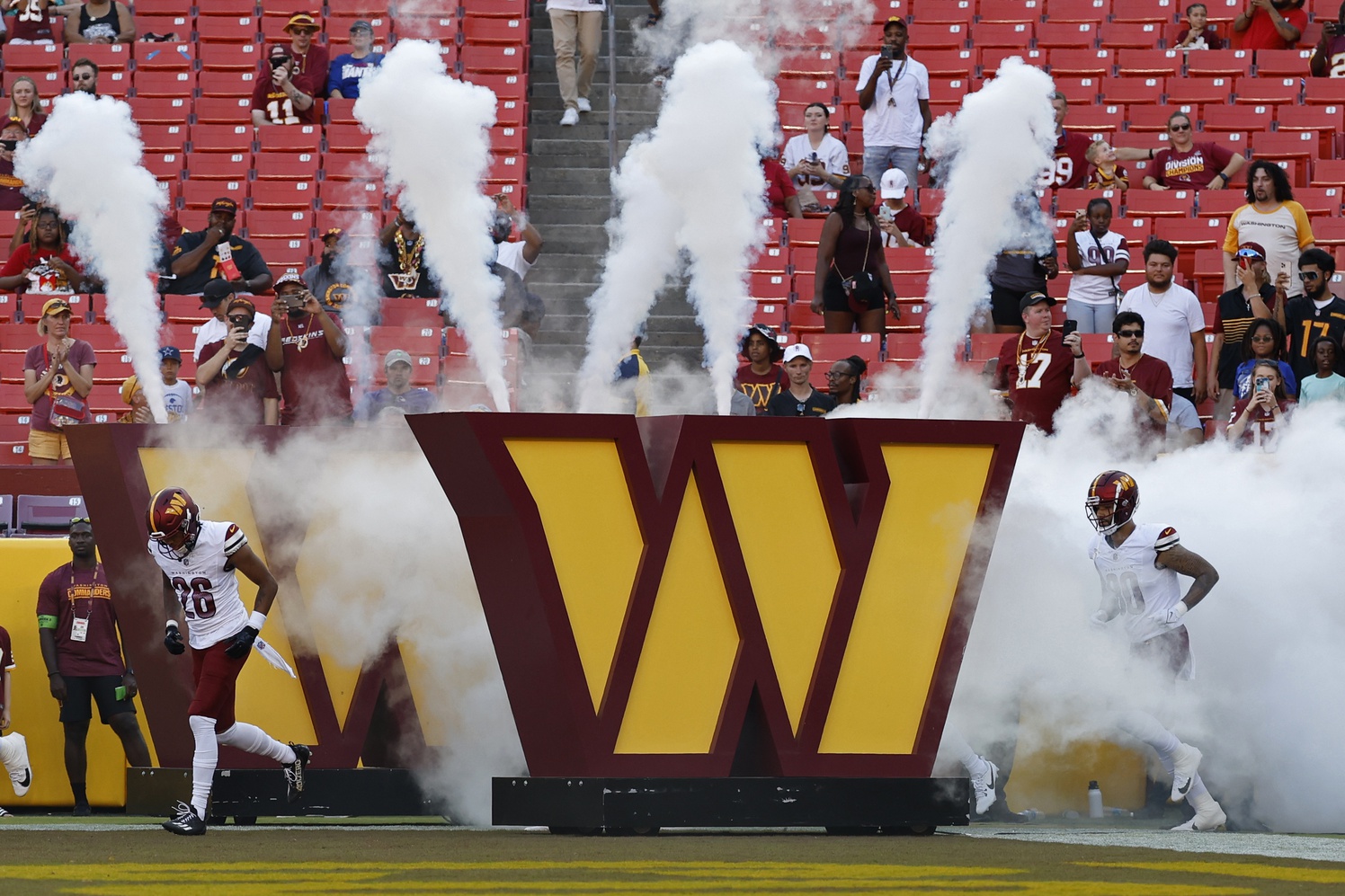
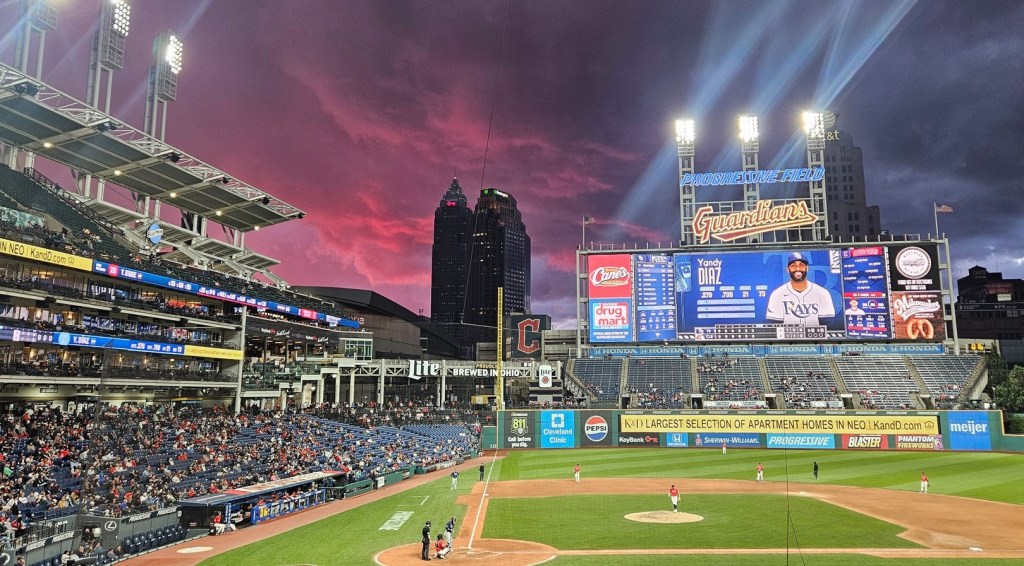
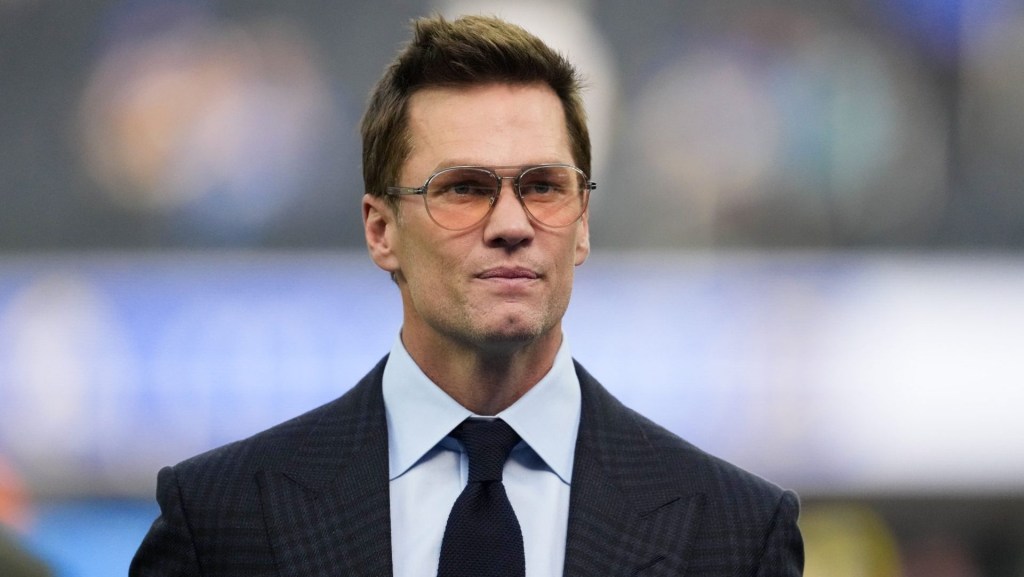




![[Subscription Customers Only] Jun 15, 2025; Seattle, Washington, USA; Botafogo owner John Textor inside the stadium before the match during a group stage match of the 2025 FIFA Club World Cup at Lumen Field.](https://frontofficesports.com/wp-content/uploads/2026/02/USATSI_26465842_168416386_lowres-scaled.jpg?quality=100&w=1024)
![[Subscription Customers Only] Jul 13, 2025; East Rutherford, New Jersey, USA; Chelsea FC midfielder Cole Palmer (10) celebrates winning the final of the 2025 FIFA Club World Cup at MetLife Stadium](https://frontofficesports.com/wp-content/uploads/2026/02/USATSI_26636703-scaled-e1770932227605.jpg?quality=100&w=1024)
